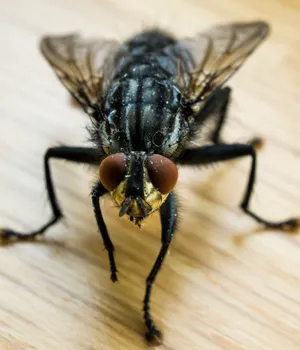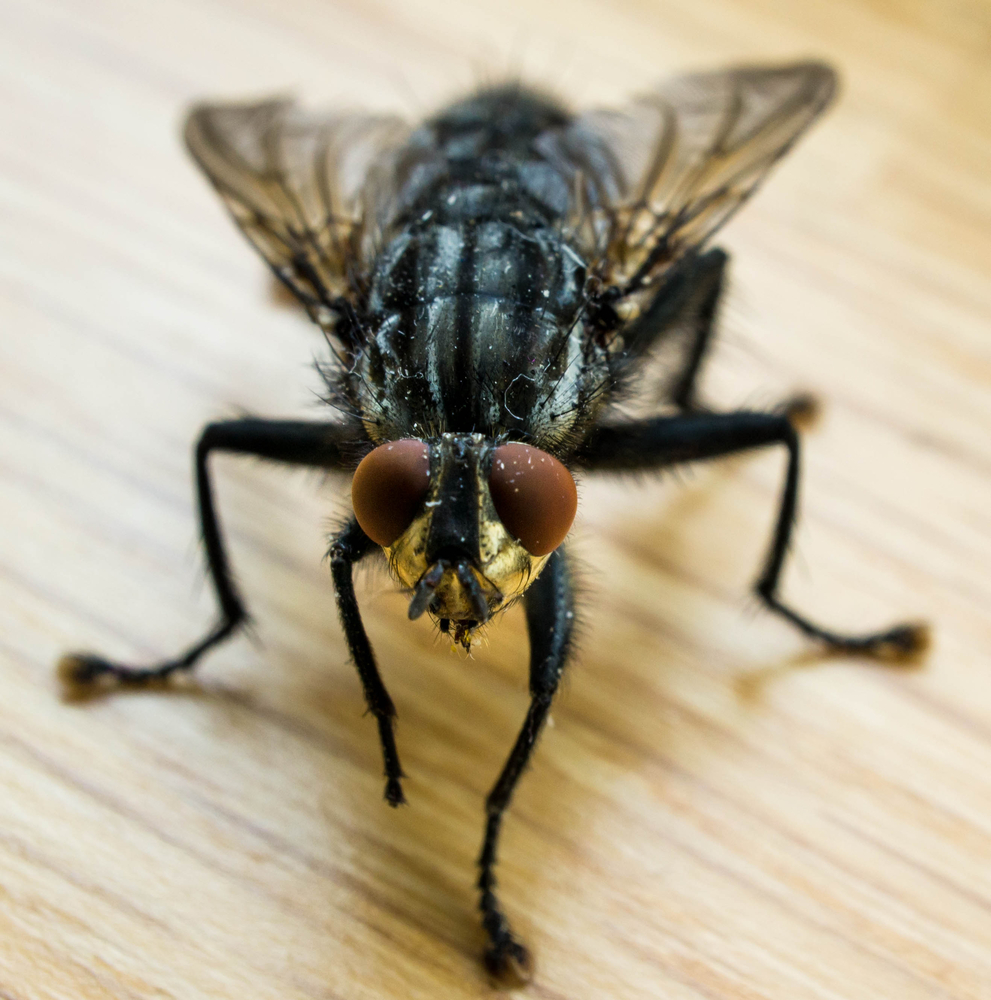
The question is this: how can flies carry so many illnesses with them, but not succumb to those illnesses?
Dr. Jeff Scott and his Cornell colleagues are trying to answer that question right now. To learn more about a housefly’s immune system, the researchers compared its genes with those of Drosophilia, better known as the fruit fly. They found that the housefly has a more diverse range of immune genes, giving it more protection against the threats it faces on a regular basis.
Looking forward, the Cornell scientists believe their work can help us undertand how to make humans more immune to the many health threats that surround us.
Professor David Conway, who works at the London School of Hygiene & Tropical Medicine, sees great promise in this work.
“It is great to see this analysis of the genome sequence, in particular its comparison with the genomes of fruit flies which have been more intensively studied until now,” Conway said.
“Many other flies transmit important human diseases and hopefully this work will encourage further genome analyses of these disease vectors, and comparisons between them … There are many other vectors of neglected diseases that could be better understood if we had more comparisons of their genomes.”



